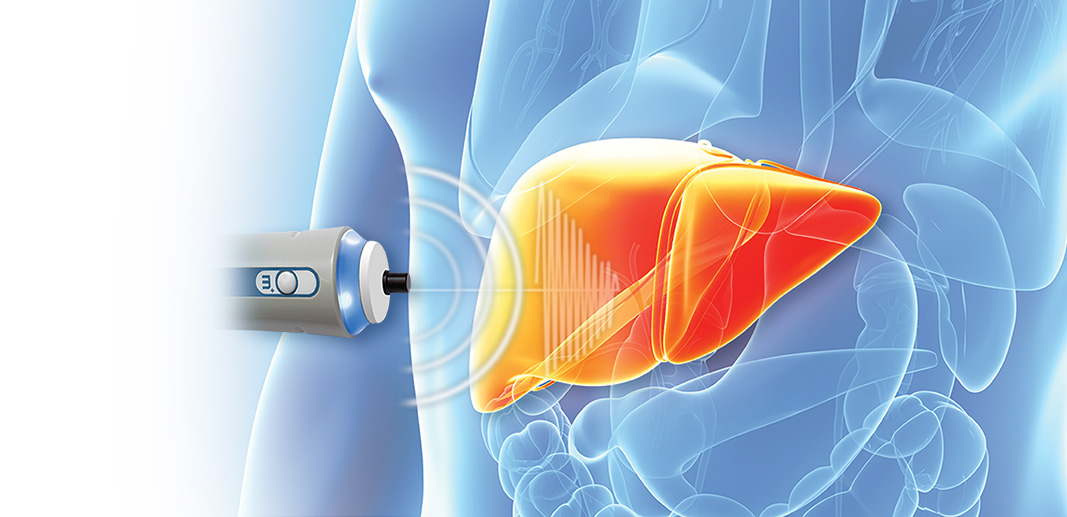We at CAN Community Health are serious about eradicating Hepatitis C from our community and are collaborating with area physicians in providing the safest and most cost-effective care for patients.
Our medical staff physicians have years of experience in treating patients with mono-infected HCV as well as the dual-infected (HCV/HIV). In addition, our Patient Care Coordinators are experts in assisting patients identify and obtain financial assistance that may be available to help them pay for these costly treatments either through our own programs or other resources.
CAN Community Health offers area physicians the opportunity to utilize a mobile FibroScan® unit as a service to their patients, the first mobile unit in the state of Florida. FibroScan®, is an accurate, non-invasive, painless aid for managing patients with liver disease. FibroScan® is FDA-approved for clinical management of patients with liver disease and is covered by most insurance carriers.

FibroScan works by emitting a pulse of energy, which you may feel as a slight vibration on your skin. FibroScan measures the speed of this energy and immediately provides this information to your physician, who then uses it as part of a broader evaluation of your liver health. The procedure is painless and takes about 10 minutes.
Physicians - For more information about FibroScan, please call 941-366-0461.
Hepatitis C is a contagious liver disease that ranges in severity from a mild illness lasting a few weeks to a serious, lifelong illness that attacks the liver. It results from infection with the Hepatitis C virus (HCV), which is spread primarily through contact with the blood of an infected person. Hepatitis C can be either “acute” or “chronic.”
Acute Hepatitis C virus infection
is a short-term illness that occurs within the first 6 months after someone is exposed to the Hepatitis C virus. For most people, acute infection leads to chronic infection.
Chronic Hepatitis C virus infection
is a long-term illness that occurs when the Hepatitis C virus remains in a person’s body. Hepatitis C virus infection can last a lifetime and lead to serious liver problems, including cirrhosis (scarring of the liver) or liver cancer.
Hepatitis C is usually spread when blood from a person infected with the Hepatitis C virus enters the body of someone who is not infected. Today, most people become infected with the Hepatitis C virus by sharing needles or other equipment to inject drugs. Before 1992, when widespread screening of the blood supply began in the United States, Hepatitis C was also commonly spread through blood transfusions and organ transplants.
People can become infected with the Hepatitis C virus during such activities as:
Less commonly, a person can also get Hepatitis C virus infection through:
Hepatitis C virus is not spread by sharing eating utensils, breastfeeding, hugging, kissing, holding hands, coughing, or sneezing. It is also not spread through food or water.
Florida Health Care News (Pinellas and Volusia Counties)
